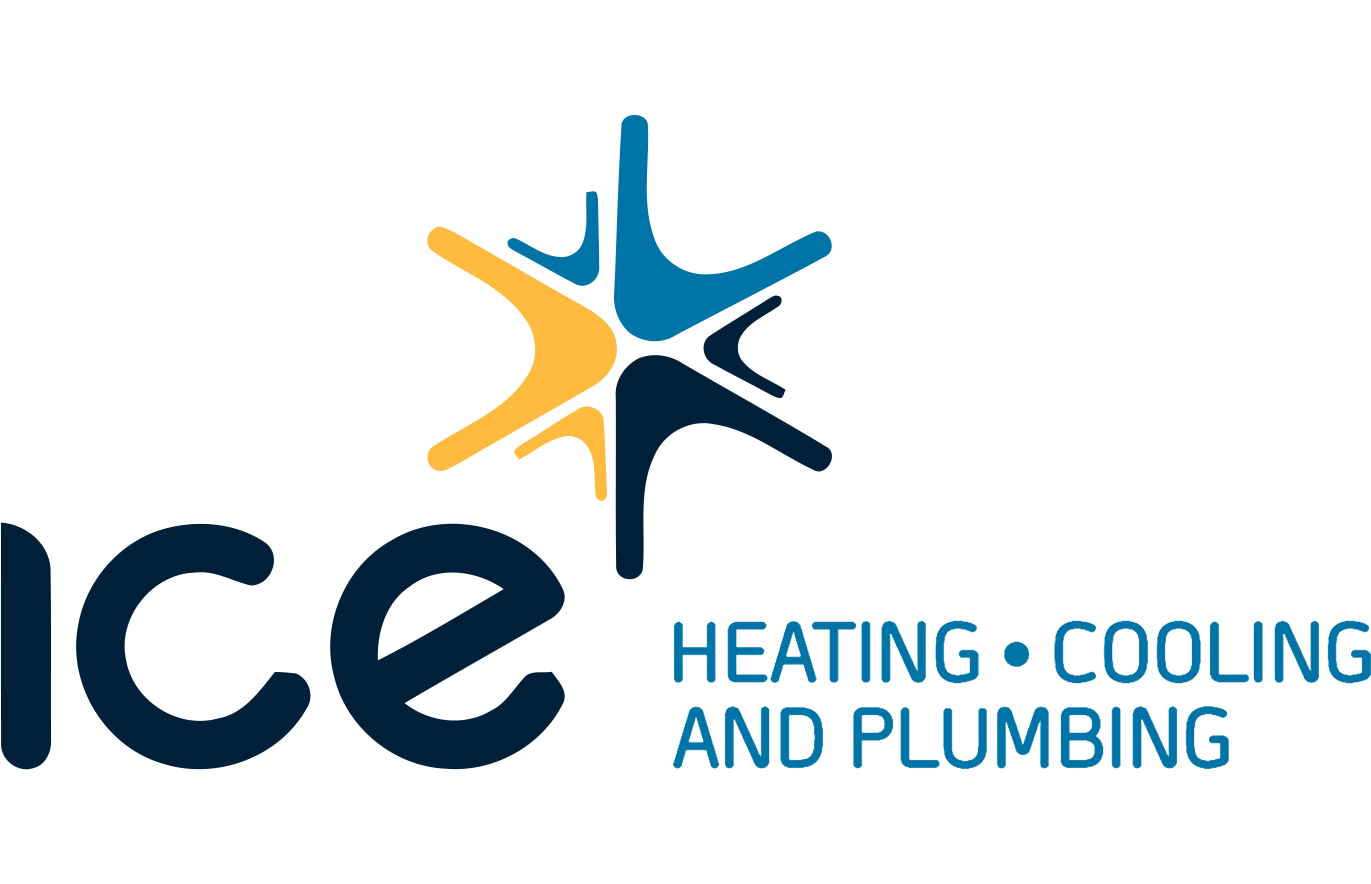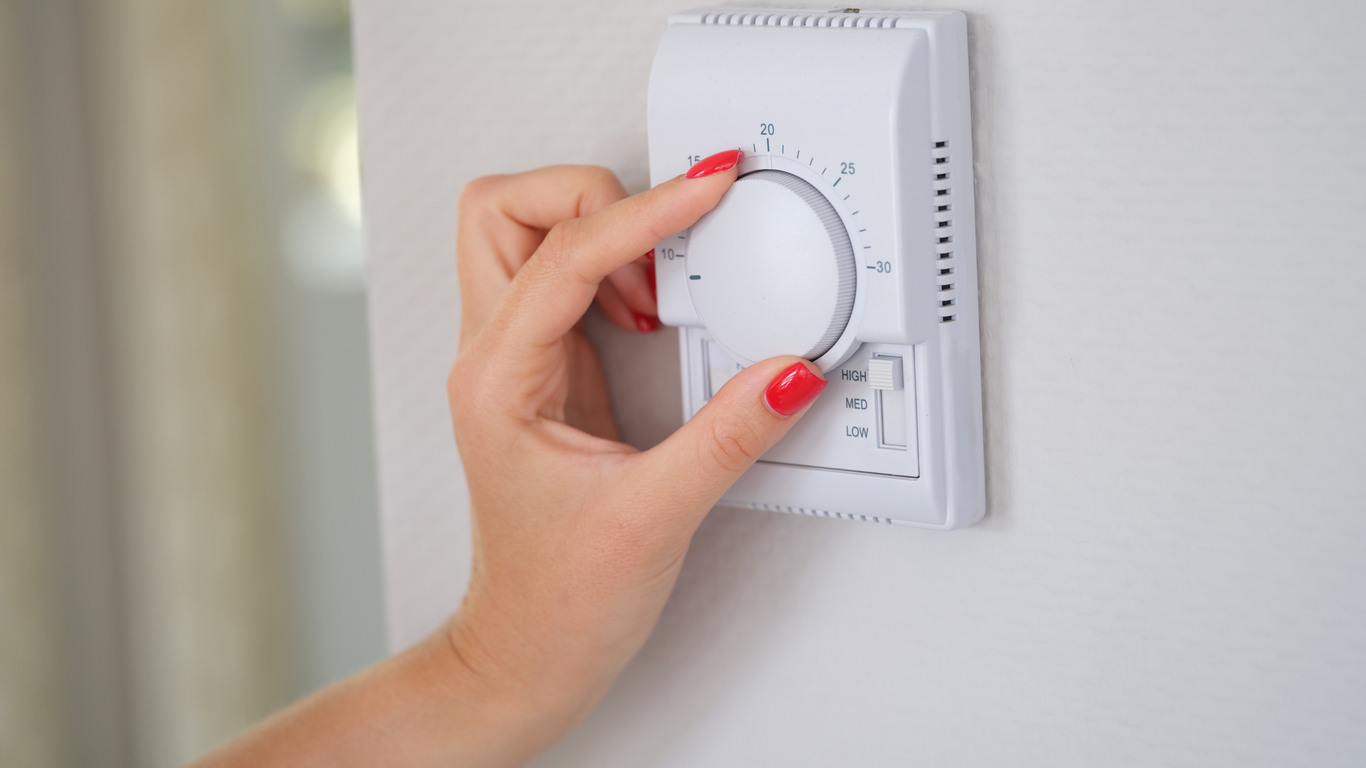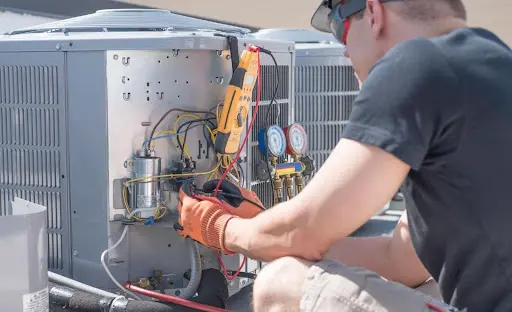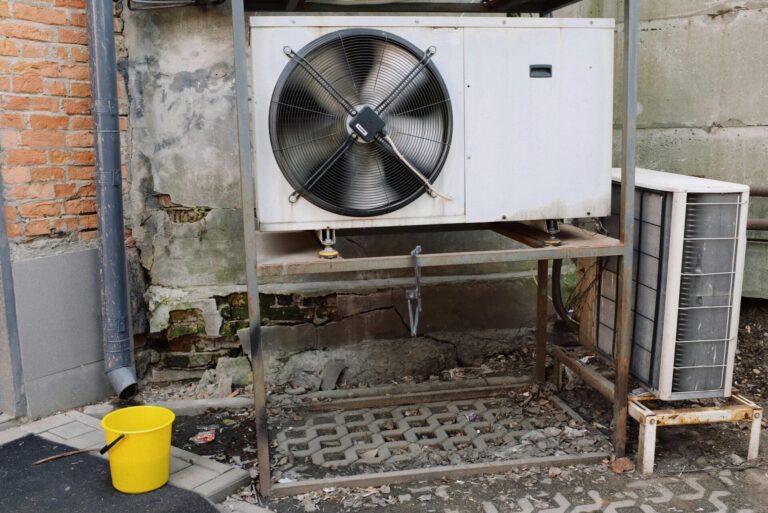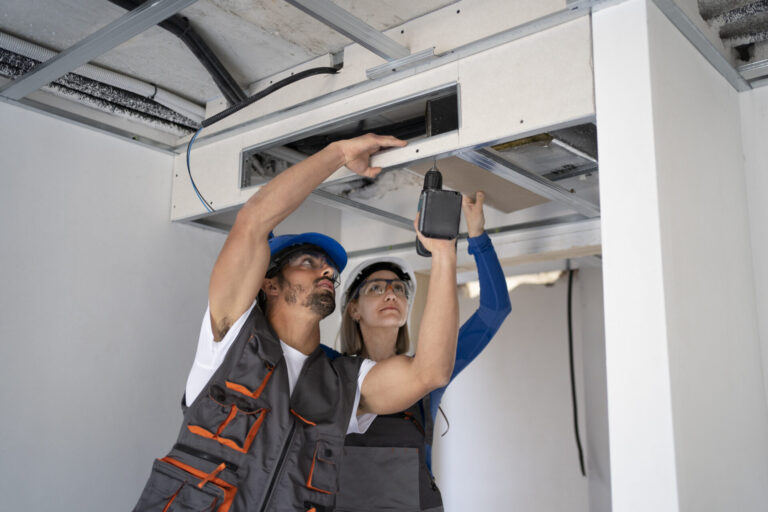Open conversations with your new tenants about HVAC units can save a whole lot of expense and hassle down the line.
Whether it’s HVAC in an apartment building or in a single-family home, renters should be aware of how to handle your HVAC correctly and what issues to bring to your attention.
How Tenants Should Treat Your HVAC Systems
Over the years, we’ve been called out for a lot of HVAC repair jobs when a little education would have prevented the problem in the first place. Forewarning your tenants is key to an easy relationship for all of you.
Some landlords even make new tenants a “What do I need to know about HVAC?” document for them to refer back to.
Heating
Programming The Thermostat
Many heating issues stem from tenants not being aware of how the thermostat works. Take the time to show them how yours functions and what they should expect from a heating cycle.
This way, if the heating were to start to short cycle, for example, the tenant would know something was up and you could get the HVAC maintenance sharp.
Dusting
Too much dust in the control panel? When your tenants dust the control panel of the HVAC unit with a dry cloth regularly, they’ll keep the system running well for longer.
Fireplaces
How To Open And Close The Damper If Necessary
A lot of people don’t realize that you need to open a damper before using the fireplace. Show them how to open and close it so everything stays safe and smoke-free.
Tell them also that the damper should be left closed for summer. Why? If it’s open, they may get unwelcome guests in the form of rodents or bugs.
Fireplace Safety
If your tenants have pets or children, it’s worth emphasizing that they need to keep a special distance from the fireplace, and not be left unattended. Too many people also burn stuff they shouldn’t in fireplaces, too!
Your manual will tell you exactly how tenants should be treating your fireplace so that it lasts for years with no risk of fire.
Air Conditioning
Depreciation of an air conditioner in a rental property will be much slower when your tenants know the signs of something being amiss.
Leaks
Many air conditioners continue to function if the refrigerant is leaking, but your tenants should turn them off at the first sign of leaking and call you. This is because leaks point towards a more serious problem which will be easier to get the air conditioning repair the sooner we get to it.
Warm Air Coming Out
A/C units running hot are not only infuriating in a roasting summer, they indicate that there is a serious issue that needs repairing.
Thinking of installing your A/C? We can advise you on the most simple to use, reliable air conditioners for renters.
What Your Tenants Should Look Out For In All HVAC units
Noises
New noises aren’t just a natural sign of age. There may be something loose inside, or a blockage.
Burning Smells
Similarly, a burning smell shouldn’t be ignored. It points towards an electrical component malfunctioning inside, and this can be caused by something simple like a loose screw.
Turning On And Off When It Shouldn’t
Your HVAC shouldn’t have a mind of its own, so tell your tenants that if the cycles change in length, to let you know about it.
Sky High Bills All Of A Sudden
Bills shouldn’t just skyrocket out of nowhere, so unexpected, costly bills point to a problem somewhere. It could be a blockage causing your HVAC system to work overtime, a leak, or something else.
Scheduling Regular HVAC Maintenance
Is the tenant responsible for HVAC maintenance?
Nope, as a homeowner you should arrange that yourself. It’s easy with ICE Heating & Cooling’s Comfort Club, plus you get some great discounts on parts, labor, and getting a new HVAC units.
ICE Heating & Cooling Is The Best Choice For Maintenance On HVAC Units For Your Rental Property
We’re all on the same page here. Our professionals are happy to advise homeowners and the tenants we meet on the best way to keep your HVAC system in top shape, and how to treat it right.
For great quality HVAC maintenance or installation, just call the ICE team at (702) 820-2184 or message us.
